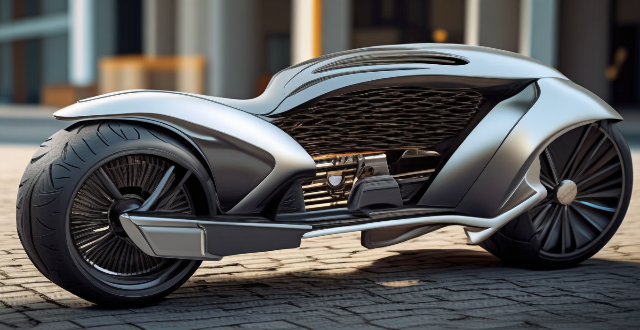Diesel hybrid vehicles, which combine a diesel engine with an electric motor, have the potential to be more environmentally friendly than regular diesel vehicles. They can offer improved fuel economy and reduced emissions of CO2 and particulate matter. However, the production of batteries for hybrid vehicles can result in higher upstream CO2 emissions, and advanced emission control systems are needed to significantly reduce NOx emissions. A comprehensive lifecycle analysis that takes into account all factors would provide a clearer picture of the environmental benefits of diesel hybrid vehicles compared to regular diesel vehicles.

Are Diesel Hybrid Vehicles Better for the Environment than Regular Diesel Vehicles?
Diesel hybrid vehicles, also known as diesel-electric hybrids, combine a diesel engine with an electric motor to improve fuel efficiency and reduce emissions. The question of whether these vehicles are better for the environment than regular diesel vehicles is complex and depends on various factors. Let's explore this topic in detail.
Emission Reduction
CO2 Emissions
- Diesel hybrids tend to have lower CO2 emissions compared to conventional diesel vehicles due to their improved fuel economy.
- However, the production of batteries for hybrid vehicles can result in higher upstream CO2 emissions.
NOx Emissions
- Diesel engines are notorious for producing high levels of nitrogen oxides (NOx), which contribute to air pollution and health issues.
- Diesel hybrids may not significantly reduce NOx emissions unless equipped with advanced emission control systems.
Particulate Matter
- Particulate matter (PM) emissions are also a concern with diesel engines.
- Diesel hybrids can potentially reduce PM emissions through regenerative braking, which captures energy normally lost during braking.
- Advanced filtration systems can further help in reducing PM emissions from diesel hybrids.
Fuel Economy
Improved Fuel Efficiency
- Diesel hybrids generally offer better fuel economy than regular diesel vehicles.
- The combination of a diesel engine and an electric motor allows for more efficient use of energy.
Reduced Fuel Consumption
- By using less fuel, diesel hybrids can contribute to reduced demand for fossil fuels.
- This reduction in fuel consumption can lead to lower greenhouse gas emissions over the lifetime of the vehicle.
Lifecycle Analysis
Battery Production
- The production of batteries for hybrid vehicles can have significant environmental impacts, including energy consumption and potential pollution from mining activities.
- The overall environmental benefit of diesel hybrids must consider the lifecycle impacts of battery production.
Recycling and Disposal
- Proper recycling and disposal of batteries at the end of their lifespan is crucial to minimize environmental harm.
- Initiatives to recycle battery materials can help mitigate the environmental impact of battery production.
Infrastructure and Market Considerations
Refueling Infrastructure
- The existing infrastructure for diesel refueling is well-established, making it easier for regular diesel vehicles to operate without major changes.
- As electric vehicle charging infrastructure grows, so does the convenience of operating diesel hybrid vehicles.
Market Penetration
- The adoption rate of diesel hybrids in the market affects their overall environmental impact.
- Widespread adoption could lead to greater improvements in air quality and reduction in greenhouse gas emissions.
In conclusion, while diesel hybrid vehicles have the potential to be more environmentally friendly than regular diesel vehicles, several factors must be considered before drawing a definitive conclusion. These include improvements in emission control technologies, advancements in battery production and recycling processes, and the overall market penetration of these vehicles. A comprehensive lifecycle analysis that takes into account all these factors would provide a clearer picture of the environmental benefits of diesel hybrid vehicles compared to regular diesel vehicles.